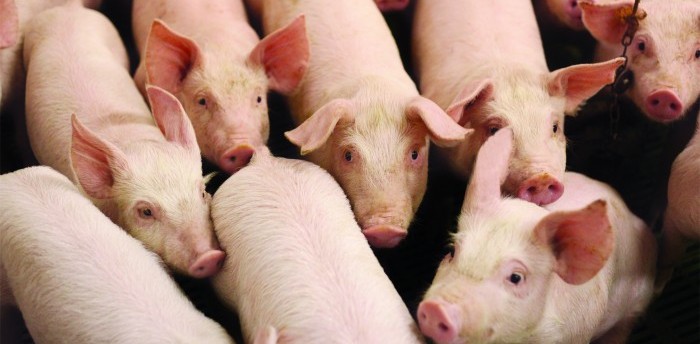Pig industry bodies are urging anyone importing live pigs or semen to follow the guidance in the NPA protocol and ensure imported pigs and semen are only sourced from PRRSV-negative unvaccinated herds.
The Animal and Plant Health Agency, the NPA, the Pig Veterinary Society, AHDB, the Pig Health and Welfare Council and SRUC (Scotland’s Rural College) have issued a message to raise awareness of the potential risks posed by imports and the need to follow the correct procedures.
In order to keep new diseases and new strains of existing diseases like PRRS out of the UK, there should always be direct vet to vet discussion between the importer’s vet and the vet for the herd from which pigs or semen are being imported prior to purchases and importations.
“This helps to avoid many of the disease risks that could otherwise occur and the vet is then in a good position to advise and interpret pre-import test results,” said NPA chief executive Lizzie Wilson.
“Negative pre-import test results are vital. If testing is only done post-import and positive results are obtained, the importer is faced with difficult but important decisions such as whether to send back, or cull, pigs that test positive, as well as the associated costs.
“No one would want to be responsible for placing the national herd at risk by allowing exotic PRRSV strains to be introduced.”
The NPA protocol, which can be viewed here, states:
- Pigs must only be sourced from herds deemed to be free from both PRRSV-1 and PRRSV-2 by routine surveillance and that do not vaccinate against PRRSV.
- Blood samples from a representative sample of pigs destined for export must be tested within 30 days prior to departure.
- If any samples are deemed virus-positive following testing by PCR the pigs may not be released for transport to Britain. Pigs for importation should test negative for PRRSV antibody and for virus (by PCR) pre-importation.




